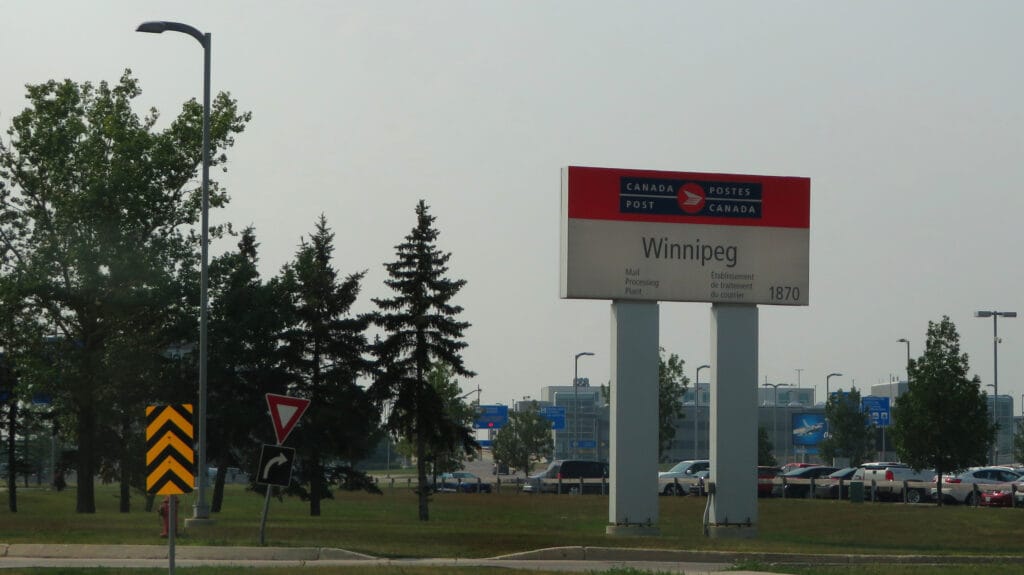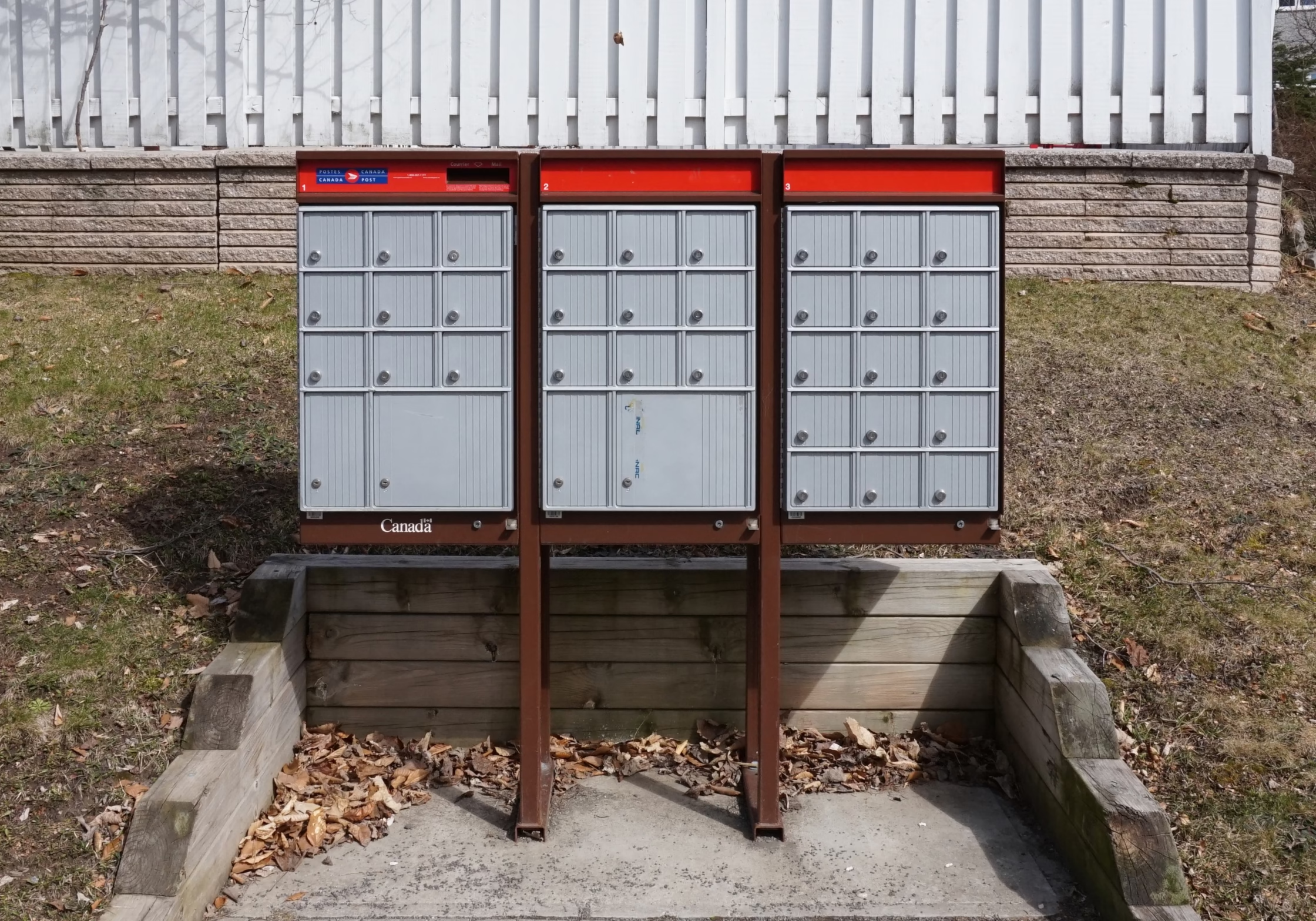After four weeks without a response from Canada Post on new demands and nearly two years without a contract, the Canadian Union of Postal Workers held a national day of action on September 15. Workers picketed MPs’ offices across the country. The union has also instituted a ban on processing or delivering flyers. Just three days later, the corporation announced it would return to the bargaining table.
At the heart of this labour struggle is the postal workers’ vision of a worker-oriented modernization of the public service that would expand services. The federal government, meanwhile, continues to push the postal service in the opposite direction.
The Liberal government announced today it would permit Canada Post to end home delivery and close up to 4,000 rural post offices. Public Works Minister Joël Lightbound said in a statement that the Crown corporation was “effectively insolvent.”
To learn more about the developing situation at Canada Post, The North Star spoke with postal workers outside the office of Liberal MP Ben Carr in Winnipeg.
“Canada Post has basically insisted that their rollbacks are their best and final offer. They got the government to interfere with us by forcing a vote on us under Section 108. The members voted no, thankfully. However, Canada Post is still insisting to the union national that we need to accept those same rollbacks our members have already said no to,” says Carl Hentzfelt, a union representative for CUPW’s prairie region.

For its part, Canada Post has explained the standstill in negotiations by stressing the importance of its “competitiveness.” Citing financial losses over the last several years, the Crown corporation’s position seems to be that uncompensated workload hikes are necessary for its survival. Many workers, including Hentzfelt, are calling this narrative into question.
“Why does management have executive pay bonuses when we are in a loss position? Why do they have so much management to the number of workers, far more than other industries?” he asked, adding that many of the corporation’s investments have not been “strictly speaking necessary.”
Indeed, “A big chunk of that money went to an EV fleet with no logistical framework in place to charge those vehicles. Canada Post has a whole fleet of EVs sitting there collecting rust, and they report that as a loss that we as workers are held responsible for and have to pay the price of,” he said.
The electric vehicle fleet in question has been sitting idle outside of Winnipeg’s mail processing plant since at least 2023; just one example of the company approving costly expansions while crying financial ruin.
“The government has always sided with Canada Post. CUPW has been legislated back to work the most of any industry,” says Hentzfelt. “It’s very clear when we are in negotiations that the corporation doesn’t bother to come to the table with real offers. They listen to what we have to say and say, ‘We’ll think about it,’ and then they go to the government, and the government says, ‘We’ll put in mediators,’” he continued, pointing to the well-established strategy among monopolists to sit back and wait for government intervention in the event of a strike.
“As the principal and only shareholder, the government should have an interest in what Canada Post is doing to make sure that they are managing themselves efficiently and properly. But they’re not. They’re bloated, intentionally trying to set themselves up to privatize, and the government is complicit and encouraging it.” Hentzfelt concluded, echoing sentiments The North Star has heard from frustrated postal workers since the strike action began in late 2024.

Be part of the conversation!
Only subscribers can comment. Subscribe to The North Star to join the conversation under our articles with our journalists and fellow community members. If you’re already subscribed, log in.